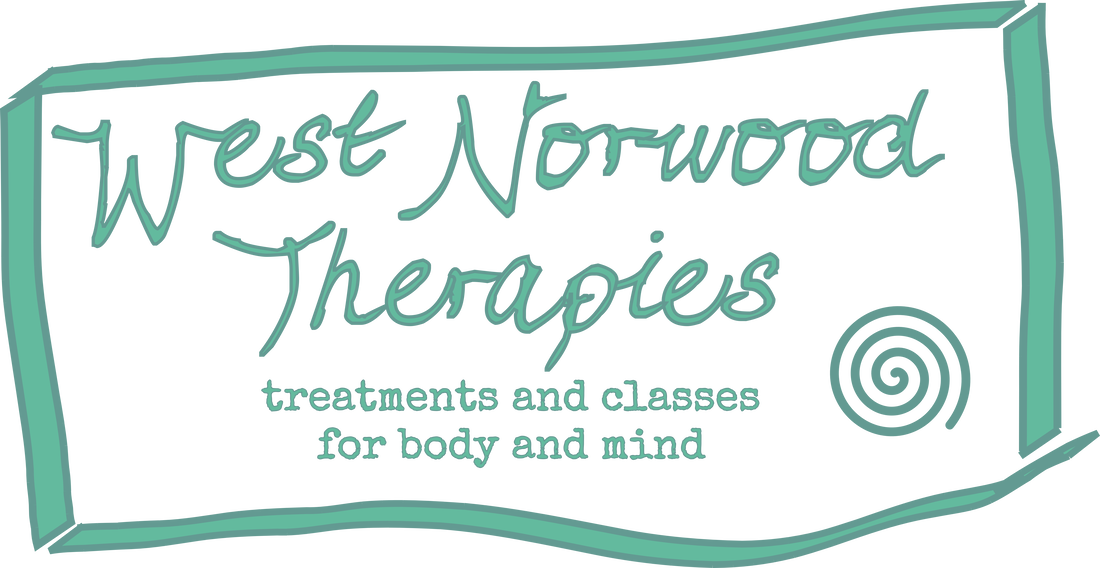|
This week we have a guest post from our dear friend Yinka who used to work with us as an osteopath and yoga teacher and with whom we maintain a strong and respectful relationship. Here Yinka muses on the benefits of her allotment to her wellbeing in honour of 'National Growing for Wellbeing' week 7-13th June 2021. 4 years ago, my name finally came to the top of the allotment waiting list. It was a mess of cooch grass, weeds and dumped bits and pieces. I feel in love with it straight away, and it quickly be-came my happy place. It has been hard work, frustrating at times and mud under the fingernails and osteopathy are not an ideal combination. As we went into the first lockdown of 2020 it really kept me going and became a place that was essential for my wellbeing. I had more time on my hands than I have had in many years but no seedlings or plants and no option to by any. I decided that it was time to put the small propagator that I had bought 2 years ago into operation. I bought a selection of seeds online and set to work. Choosing the seeds was a combination of things I like to grow, what was available and wishful thinking.
Seeds were sown and I waited, I have a very small but much appreciated garden and really en-joyed using the space for sowing seeds potting on, and “designing” what was going where. It was a place of calm and when the world felt chaotic and uncertain. Having the time to think about the layout of beds helped to keep me focused and grounded, digging and weeding took on a new zeal as it was time out of the house when there was very little opportunity to do much else apart from work. In years gone when time was short; I have bought what I can get my hands from garden centres and shops to plant out so quite haphazard about things. Last year I thought more about colour, variety and protecting my seedlings and plants from foe like foxes, slugs, snails, and pigeons (more on that later). Checking my plants became a daily relaxing ritual. Go-ing to the allotment most days became my regular exercise, quietly whiling away the hour(s) out-doors and feeling relaxed whilst forgetting albeit temporarily about the pandemic was blissful. Our allotment is not pretty, it’s my higgledy piggledy happy place and its design is ever changing and forces me to accept what I cannot change (the elements, pests, dud seeds) and keep trying new things. Yinka runs her osteopathic clinic from her home in Brixton and online yoga classes. Visit her website at https://www.holmewoodosteopathicpractice.co.uk/ and find her on instagram @theosteopathyogi
0 Comments
WNT founder Jennie Duck shares her thoughts on how shame get in the way of self care and how spending time with her own shame and prioritising self care has helped transform her life and relationships for the better. The idea of shame as an impediment to self-care has been niggling at me for a while. I wonder how much our ideas of what we ‘should’ be doing get in the way of what we really want to do and what we feel is a justifiable use of our time. I wonder how much we sacrifice ways we can nurture ourselves for the ‘greater good’ of work, family and duty and I wonder how much of a negative impact this has on our lives, and those around us, that we don’t always see.
When I talk about ‘self-care’ I am talking about things that nurture our bodies, minds and spirits. The things we love doing, things that make us come alive. Self-care is the things that nourish us. Self-care can be exercise, nutrition and meditation. It can also be music, art, creating something, playing with a pet, talking with a close friend. For me, the exercise, nutrition and meditation side of things are easier to get to. This is because my personal version of shame means that for me to feel worthy I must be ‘healthy’. But it took an outsider view from my husband when he told me a couple of years ago “I’m scared the mornings you don’t do yoga” to recognise that the value in taking time for myself extended beyond just me looking after myself, that it had a knock on impact on the rest of my family and life. I used to feel a lot of shame, too, around the good feelings that came from looking after myself in this way. I felt good and then felt ashamed that I felt good – life is meant to be hard, I’m meant to strive, I have responsibilities, I can’t be relaxed and happy??! So this led to spirals in how I responded and the ‘healthy’ behaviours became undermined by excessive consumption of sugar or alcohol or I just wouldn’t make a positive choice and self-sabotage myself. Two years later, now that my own self care is a priority in my daily life, I don’t have these battles. My husband doesn’t have to be scared the mornings I don’t do yoga because if I haven’t it’s probably because I have done something else nurturing or I know I will find the time elsewhere for it. It’s not so pressured and the overall benefits of making this a priority mean I don’t have the same level of desperation around it, I don’t need to escape regular life so much and I don’t have the same shame triggered in me to knock me off course. I am more resilient. To get to this point I had to spend time with that shame that trapped me. The shame that told me that I wasn’t good enough and that my time wasn’t only worthwhile if it was spent slogging on something or doing something for someone else. We all have our own shame triggers but there are common themes. Shame and vulnerability expert Brene Brown says “shame drives two main tapes: ‘never good enough’ and ‘who do you think you are’”. Both of these resonate for me and are shackles that still restrict me, but they don’t have the same power that they used to have. And now the next layer of freedom I am discovering is that I am now more able to move toward the things that I really want to do but aren’t as immediately ‘justifiable’ in my personal shame-frame of reference. I am spending time creatively, for the joy and fun of it – I still feel guilty about this and about choosing these solitary and ‘aimless’ ways to spend my time. I had to fight myself using the word ‘indulgent’ in this description! We can’t let go of all of these other things – my family, my work and paying the bills are all vital to me – but maybe we can ease up on the limitations we place on ourselves in honour of these if we can face the idea that perhaps its more than the reality of those getting in the way, that perhaps it’s our relationship with them and our relationship with ourselves that needs some attention first. And perhaps if we can do that then these things we are making the sacrifices for will become richer because of it. WNT founder Jennie Duck explores the competitive spirit that resides in her and looks at how the lessons of yin yoga helped her to let go of some of this striving and learn to live more gently and happily. Over the past few years I’ve been working on letting go of a competitive streak in myself. This streak has a strong genetic influence and is not entirely unhealthy – it has helped me carve my own path, to meet interesting people and try interesting things, to build a career and business, to keep learning and growing and setting my sights high and far. It has given me ambition and for a long time I was grateful for that.
But I have learned that ‘ambition’ is far from a happy state and indeed is a barrier to wholehearted living and any sort of internal peace and contentedness. The tool that has helped me shine a light on my relationship to competitiveness is yoga and, in particular, yin yoga. The irony is that it was my competitive streak that held my attention to yin yoga – proof that nothing is ever ‘good’ or ‘bad’, the richness lies in the ambiguity and dualities. The first yin yoga class I did was called ‘deep tissue stretch’ and it was with Andrea Kwiatkowski on Movement for Modern Life, a blessing in the form of a subscription platform that has improved my life a gazillion fold with excellent teaching and ability to have daily classes for all moods and needs. I liked the sound of this class that would reach into areas ‘like a massage’ and looked forward to the results. It was tough! I struggled to find ease in many of the poses and the idea of holding them for 2-5 minutes was new to me. Andrea held my attention with her acknowledgement that ‘you might find this quite a frustrating practice’ – so I understood that it wasn’t just me and I stayed with it. I gradually learned to back off, to ease away from ‘the edge’ as it is referred to in yin and to approach each pose in a softer way. I learned that this allowed the release I needed to go further – that yielding in my striving led to the yielding my body was craving, that easing off my effort allowed me to find much more progress and development in the work I was doing with this practice. My physical yoga practice, known in yoga as asana and how we often understand ‘yoga’ generally, is my training ground for life and a touchstone that helps me understand who and where I am and what needs to change and how that change can come about in my life off the mat. So these lessons of yin, of lessening the effort, of not pushing so hard or trying to override where you already are, of going with rather than against and of listening acutely and – importantly – staying with what arises became my pillars of life. My benchmark for ‘success’ has become more about how it feels and what comes out of it for my growth rather than any external validation or acceptance. Of course this doesn’t happen overnight, I am still on this journey of listening and adapting and learning and I see it as a lifelong journey. As is the other side of the coin, the letting go of what others think and the doubt of whether I am ‘good enough’ for my place in the world. Competitiveness may be a fun and helpful trait for many and in many circumstances. I love watching an exciting game of rugby or 100m sprint and that wouldn’t be the same without the competitive spirit. But when it is part of your life to remove you from the here and now, to validate yourself and to make you push when perhaps pushing isn’t right, then it is not healthy. At this time of year when we set ourselves targets and insist we must be ‘better’ this year, may we have the self-compassion to approach this with gentle discipline and kind self-talk. My goal is to commit to things that appeal to me, to follow my path and grow every day without force and allow adaptation and change when I meet resistance. Happy new year :-) Reflexologist, reiki and sound healing practitioner Laura Devonshire looks at the various aspects that comprise holistic wellness What is Holistic Wellness?
The word ‘Holistic’ derives from ‘Holism’, with Greek roots ‘Holos’, meaning whole, complete, entire. Holistic Wellness is looking at a number of elements relating to a person and their way of life that contribute to them feeling at their most optimal. Each of these parts are intimately connected and if one part is out of balance it has an impact on all the other parts. Therefore, we cannot only focus on one part in isolation, we must consider all parts to have a full picture and understanding of how a person is. Below are 5 aspects that contribute to our whole way of being: Physical Wellbeing – this relates to our body and its associated systems functioning optimally. For this to happen we consider a number of influences: the foods we eat and a balanced diet, the amount of, and quality of sleep we have, keeping hydrated and daily exercise/movement. They all play a huge part in contributing to our physical energy levels and how our bodies cope and respond to daily demands, medical conditions and dis-ease. Mental Wellbeing - an optimal state of mental wellbeing does not mean an absence of stress but more one’s ability to process and juggle the events of day to day life. Our mental wellbeing changes and we can experience highs and lows, it can change daily, weekly, monthly, even hourly depending on our life experiences. When we feel in balance and flow, we make healthy choices, maintain healthy boundaries and are able to be fully present in the moment. Emotional Wellbeing - our sense of self, our self-esteem and how we think, feel and relate to ourselves and others. It is being able to recognise, feel and process our full range of emotions: joy, anger, stress, sadness etc... and our ability to communicate them with others. Our emotional wellbeing includes developing emotional resilience to be able to adapt and cope with changing situations. Our emotional wellbeing is intimately connected to our mental and physical wellbeing, it is estimated that 75% of illnesses are caused by stress. Spiritual Wellbeing - an aspect that will look different for each person as it’s such a personal part of one’s overall wellness. Spiritual health relates to our sense of life-meaning and purpose and how we experience and integrate this into our lives. Taking time to do the things that ‘light your fire’, finding the things that inspire you and make you ‘feel alive’. It may mean taking time to sit quietly in contemplation, having a mindfulness practice. Or conversely could be more dynamic and involve activities like dancing or singing. Spending time in nature can be really soothing for the soul and cultivating a sense of being connected to something greater than ourselves. Social Wellbeing - relates to the connections we have with other people. This can be with family, friends, community, common interest groups ie: social, work, sports, spiritual, religious etc... Overall as human beings we are wired for connection, however, one person may thrive in small intimate settings whilst another may thrive in larger groups. Having connections where you feel supported, heard and held can have a significant impact on our overall wellbeing. We can see how each of the above parts has a significant impact on how we feel on a day to day basis and how they continually interact and overlap: How we think and feel affects us physically. What we eat affects us mentally and emotionally. How we move and how we socialise affects how we feel. So although we have broken the whole down into parts to explore different aspects of the whole, they each contribute to the whole and also each reflect the whole. As we understand each aspect of ourselves and what does/does not work for us we can implement appropriate self-care practices to support each aspect of our lives. Sometimes we develop an image of how we are and what we are like and don’t allow ourselves to explore other possibilities. Acknowledging that on different days and at different times in our lives we may need different things and giving ourselves space to explore and room for change. Taking an holistic approach to your wellbeing does not replace medical advice or treatment when it is needed, but regardless of any existing health issues it can be really beneficial in supporting your current and future health and wellbeing. |
AuthorBlogs from the WNT team. For our blogs from before June 2020 please see individual profile pages - it's a good way to get to know practitioners too. Archives
June 2024
Categories
All
|
|
Visit us - by appointment only please - in the office block in the Access Self Storage premises at 443 Norwood Road, London, SE27 9DQ
[email protected] Phone - please contact practitioners directly, or if not in a rush you can leave a message for us to call you back at 07931876931. |
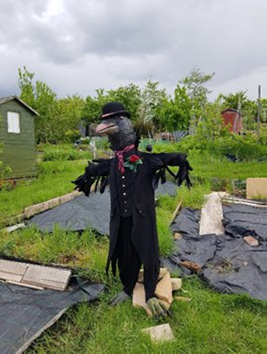
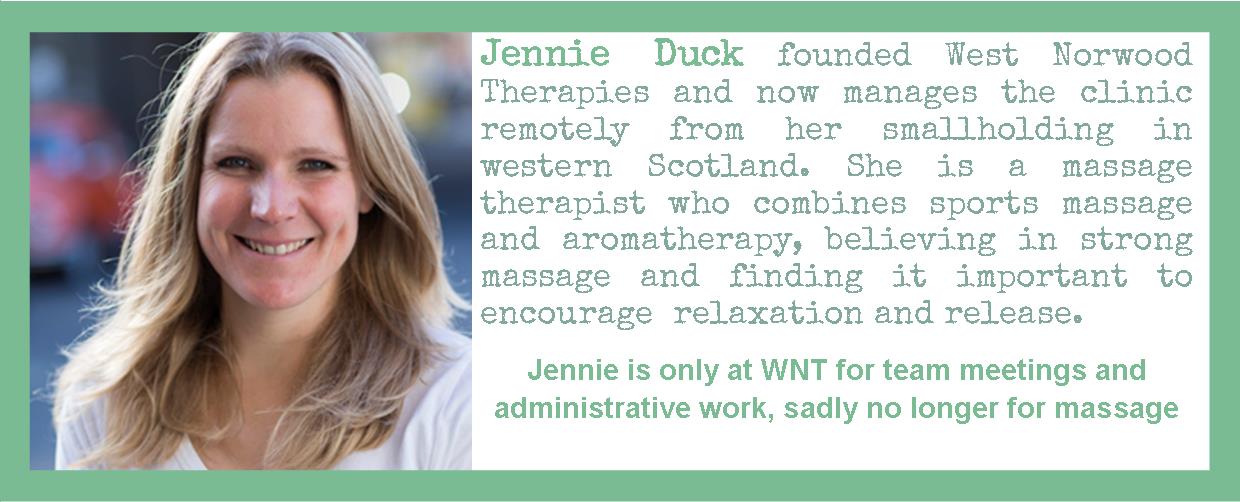
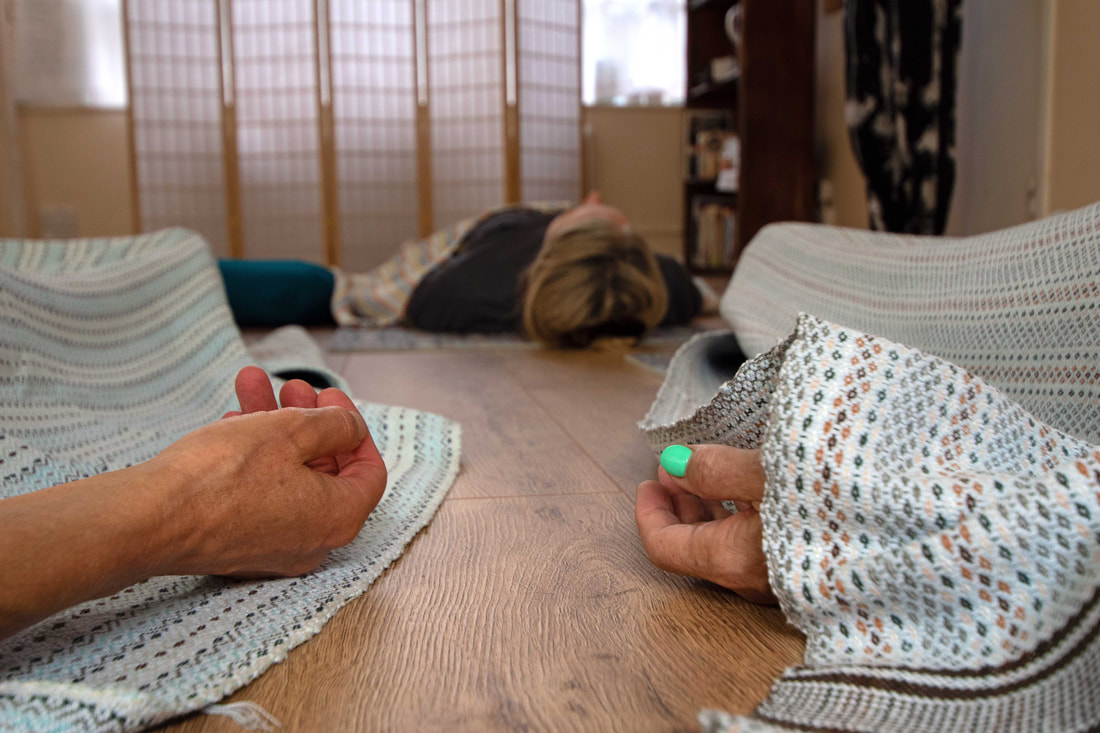
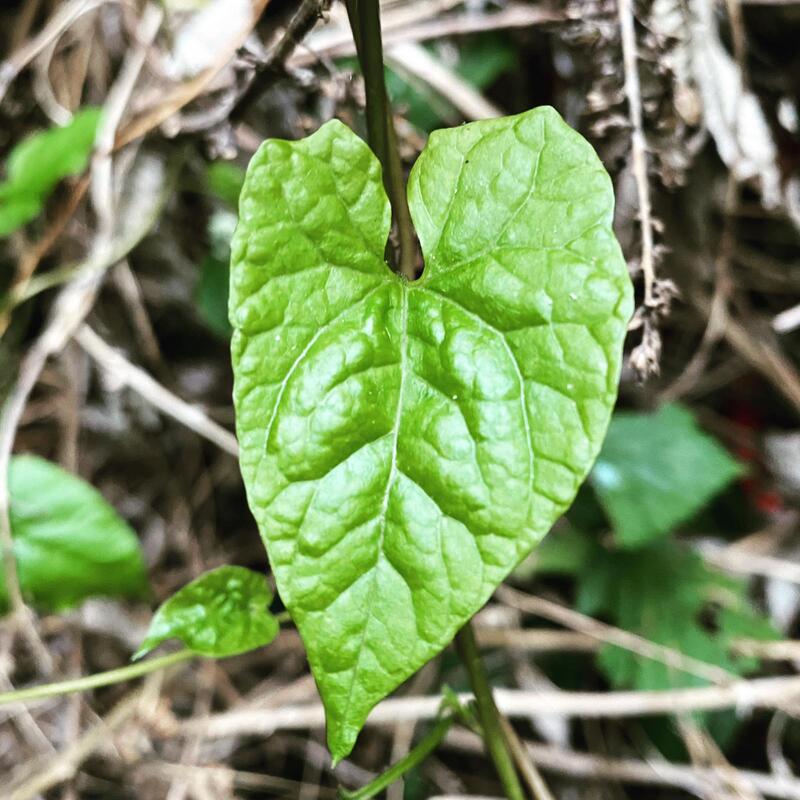
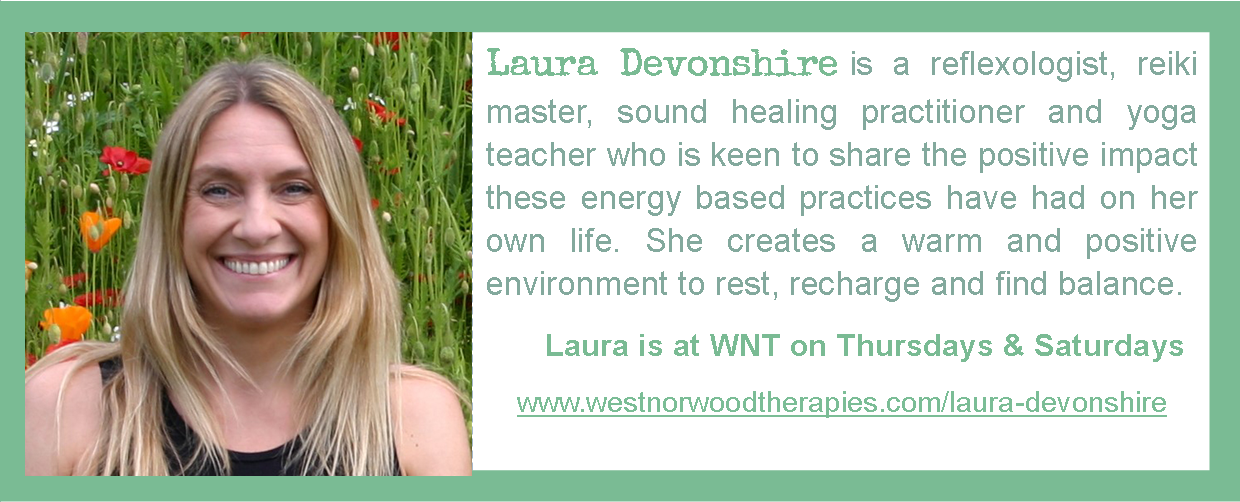
 RSS Feed
RSS Feed
